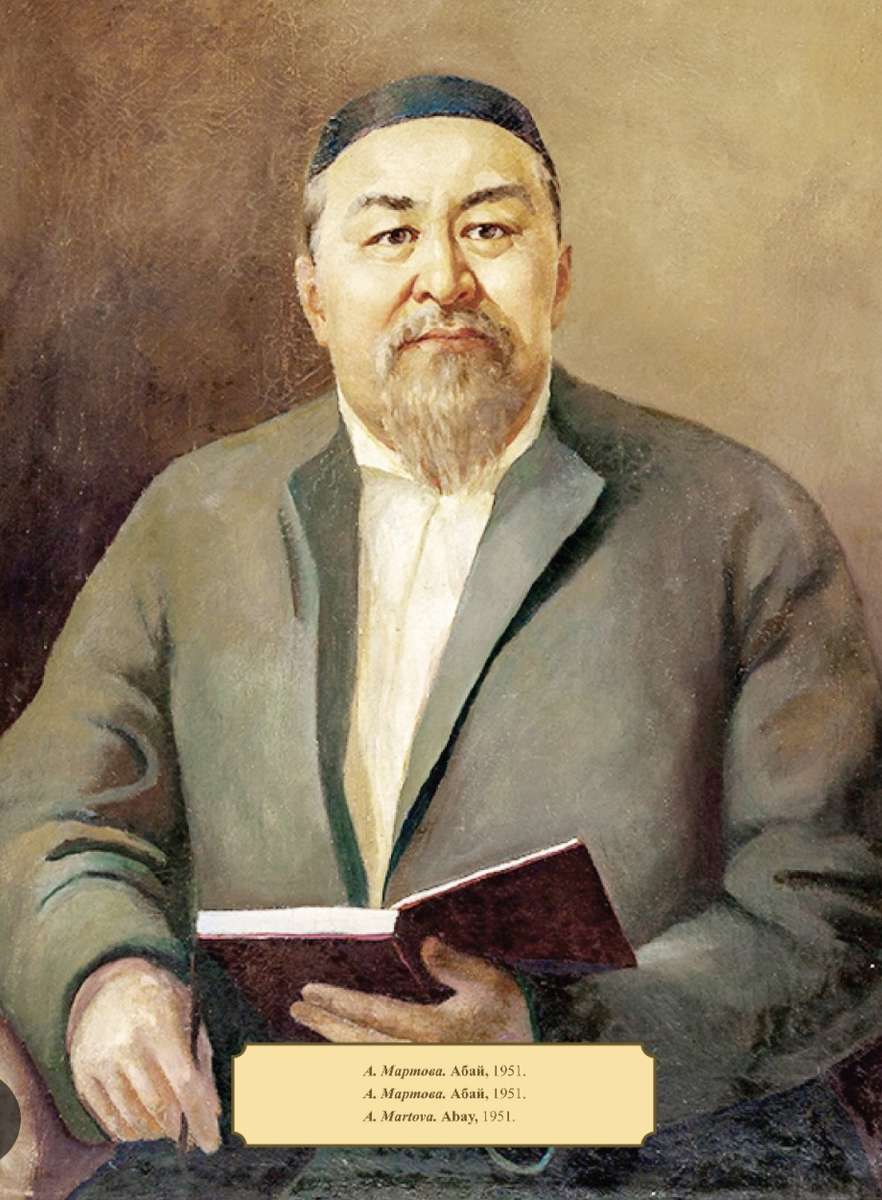
1896
In the words of Our Prophet, may Allah bless his name, recorded in the Hadith: 1 “He who is without shame is also without faith.” Similarly, our folk saying declares: “He who has shame also has iman.” It is obvious therefore: shame is an integral part of iman. But what is shame?
There is a shame born of ignorance. It is akin to the timidity of a child who is shy of uttering a word or approaching a stranger even if it has done no mischief. He who is guiltless before the Shariah and his own conscience but is ashamed of what he should not be ashamed displays a sure sign of stupidity and low breeding.
But true shame is that felt by a person who commits an action contrary to the Shariah laws, human conscience and human dignity. Such shame is of two kinds. One is when you are ashamed not of yourself but of another man’s misdeeds. You are ashamed because you feel for the wrongdoer, and you think, “Heavens! What has happened to this man? How could he commit such an unworthy act?” And you blush for him.
The other kind of shame comes from your own wrongdoing before the Shariah, before your own conscience and humanity, which you may have committed in error or inadvertently. Perhaps no one except yourself is aware of your fault, but your mind and your being are in anguish and punish you. You worry, you are unable to look others in the eye, and you suffer.
People capable of feeling such kind of shame lose their appetite, cannot sleep, and in despair may even commit suicide. Shame is a feeling of human dignity that compels a man to admit his guilt to himself and mete out his own punishment. At such times you are incapable of thinking and at a loss for words. You have not time enough to wipe away the tears as they pour down. You feel like a sniveling cur. Unable to meet other people’s gaze, you are blind to everything around you. The person who knows about such torments but, instead of magnanimously forgiving the offender, only makes his suffering worse is lacking in humanity and mercy.
The people I see around me nowadays are ashamed of nothing and incapable of blushing. “I’ve admitted my fault, what else do you expect me to do?” they say. Or they make excuses: “Yes, I’ve behaved badly, but don’t you ever do the same?” Or they may argue: “Such-and-such people have done this or that, but they’re still walking the earth as if nothing happened. Compared to them, I’ve done nothing wrong. Besides, I had good reason to act like that.” Instead of being ashamed of their action, such people set out to whitewash themselves.
What shall we call such people: shame-faced or shameless? The Hadith and the words of the sages do not allow us to call them shame-faced.
Now, have such people iman or have they not?
FOOTNOTES:
Footnote 1: Hadith- account of the words and deeds of the Prophet Muhammad and his companions, second only to the Qur’an
